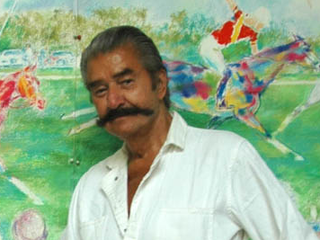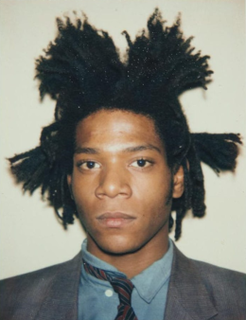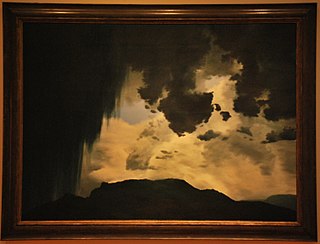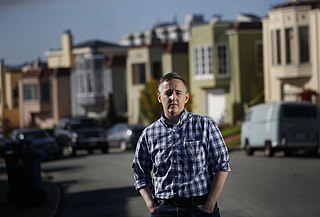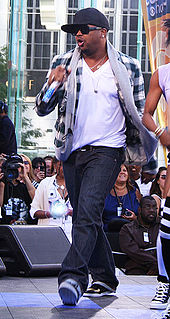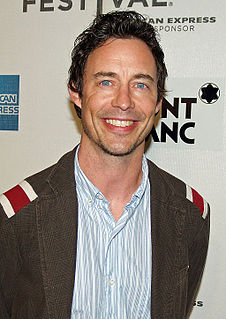A Quote by LeRoy Neiman
The people who love my paintings, that respond to them the most, they're spectators, they're not viewers.
Related Quotes
The museum is full of interesting things. All kinds of paintings are there. And then paintings too thick to put in a frame, that they call sculpture. And then there are spectators. with their scorecards, rooting for culture. And spectators of the spectators, looking for love's introduction. And art students taking notes. And old women trying to remember the past. And old men with too much to forget. And tourists, thinking that a museum represents a city. And loafers so poor, they study their soberness here.
Even the most loyal viewers of a show would only watch one out of three episodes. As someone who made television, I always found that hard to believe because you want to believe people who love your show are watching every episode, but statistically it was true that people who considered themselves the most loyal viewers were only watching one out of three.
If you create something that is asking for people to respond as they're going to respond, you have to allow them to respond as they're going to respond. Some of the people are going to be uninterested and some people are going to be mad for some reason, which is their business. That's just the way the world is.
I have always been interested in crafting films that use long, static urban landscape shots as a way of manipulating the emotions of the viewer and forcing them to slow down, which I think simultaneously makes them more vulnerable as spectators, and also puts them in a position of being more than just spectators.
A disturbing possibility exists that the television experience has not merely blurred the distinctions between the real and the unreal for steady viewers, but that by doing so it has dulled their sensitivities to real events. For when the reality of a situation is diminished, people are able to react to it less emotionally, more as spectators.
People are still making paintings. People are still enjoying paintings, looking at paintings. Paintings still have something to tell us. There's a way of being in the world that painting brings to us, that painters bring to the task that we absorb and are able to be in dialogue with. That's something that's part of us.
I think most people who were involved with television will tell you, if given a season or given a 13-episode order and getting those episodes on the air, and if viewers don't come, I think most people will tell you they'd walk away. They feel they were given a fair shake, and if viewers didn't come, they didn't come.
